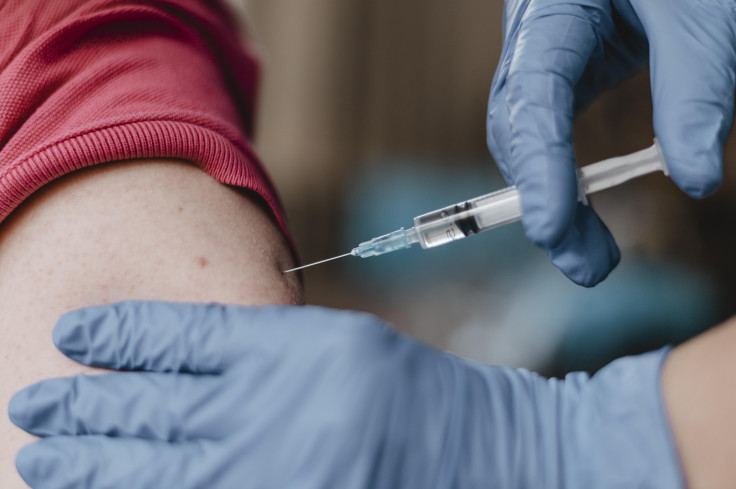Metabolic Health At Time Of Vaccination Decides Effectiveness Of Flu Shots: Study

Obesity has been a known factor influencing vaccine effectiveness. However, are there additional variables that affect the response? A recent study indicates that metabolic health at the time of vaccination plays a significant role in the efficacy of flu shots.
According to the results of an experimental study published in Nature Microbiology, switching obese mice to a healthy diet before flu vaccination completely protected them from a lethal dose of flu. However, switching the diet after vaccination did not help.
"We found that the vaccines worked effectively if, at the time of vaccination, an animal was metabolically healthy. And the opposite was also true: Regardless of what the mice looked like on the outside, if they had metabolic dysfunction, the vaccines did not work as well," said corresponding author Stacey Schultz-Cherry in a news release.
Earlier studies have shown that even after receiving the flu shot, obese mice were susceptible to infection and succumbed to the influenza virus.
When the obese mice returned to a healthy weight after vaccination, the outcomes did not vary. As per the new findings, adopting a healthy diet four weeks before vaccination significantly enhanced survival rates, showing a dramatic impact regardless of their high Body Mass Index (BMI).
"We were excited to see this effect because mice with obesity are so susceptible to severe disease and succumbing to the infection. Getting 100% survival with the vaccine where we had only seen 0% survival was impressive," Schultz-Cherry said.
Researchers believe the link between metabolic health and vaccine effectiveness occurs through the immune system. Metabolic dysfunction affects T cells, the primary immune cells responsible for anti-viral responses. Therefore, even if the animals transition to a healthy diet after vaccination and sustain a normal BMI, their anti-flu T cells are likely to stay "frozen" and dysfunctional. However, a healthy diet before vaccination improves T-cell function and anti-flu response.
"The T cells were better able to do their job in the metabolically healthy mice at the time of vaccination. It wasn't a matter of the numbers of them or the types of them. It was their functional activity. There were plenty of them in the lungs, not working. The healthy diet switched them from not working to functioning properly, but only if the switch occurred before vaccination," Schultz-Cherry explained.
"What we found and are emphasizing is that it's not the phenotype of obesity that matters; it's really about metabolic health. It's metabolic health at that moment of vaccination that really makes a difference," Schultz-Cherry added.
Published by Medicaldaily.com



























